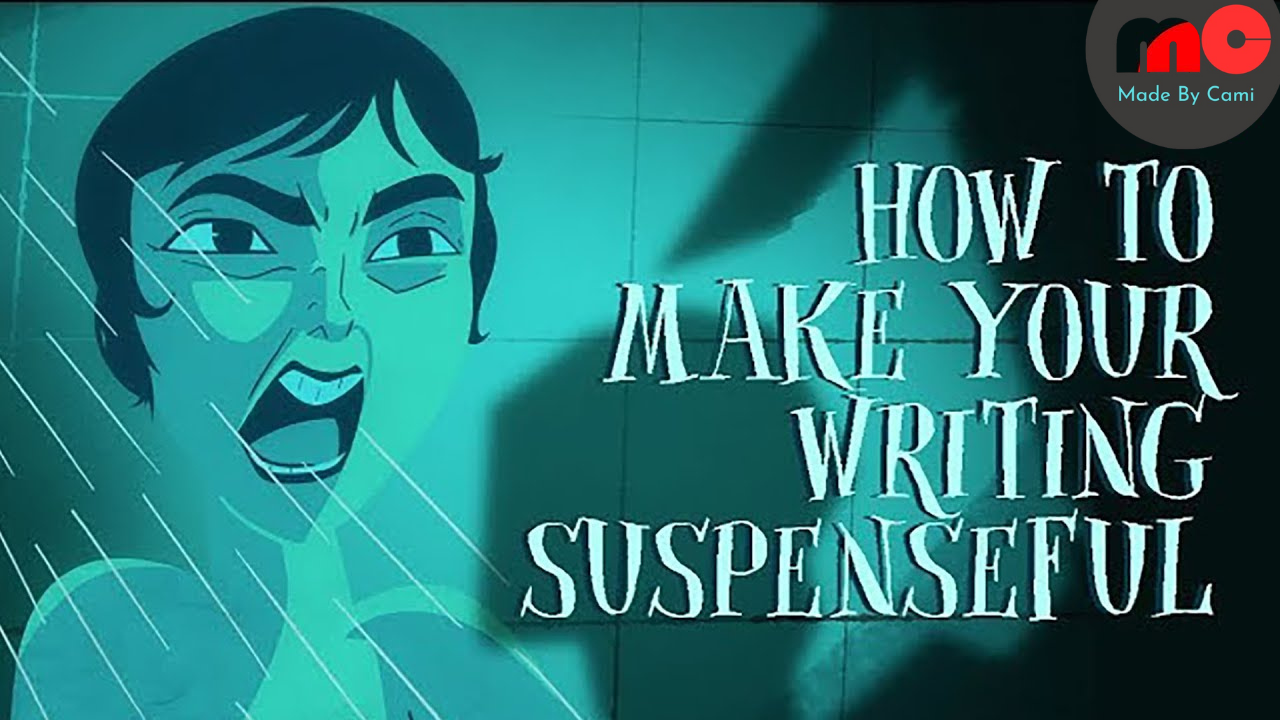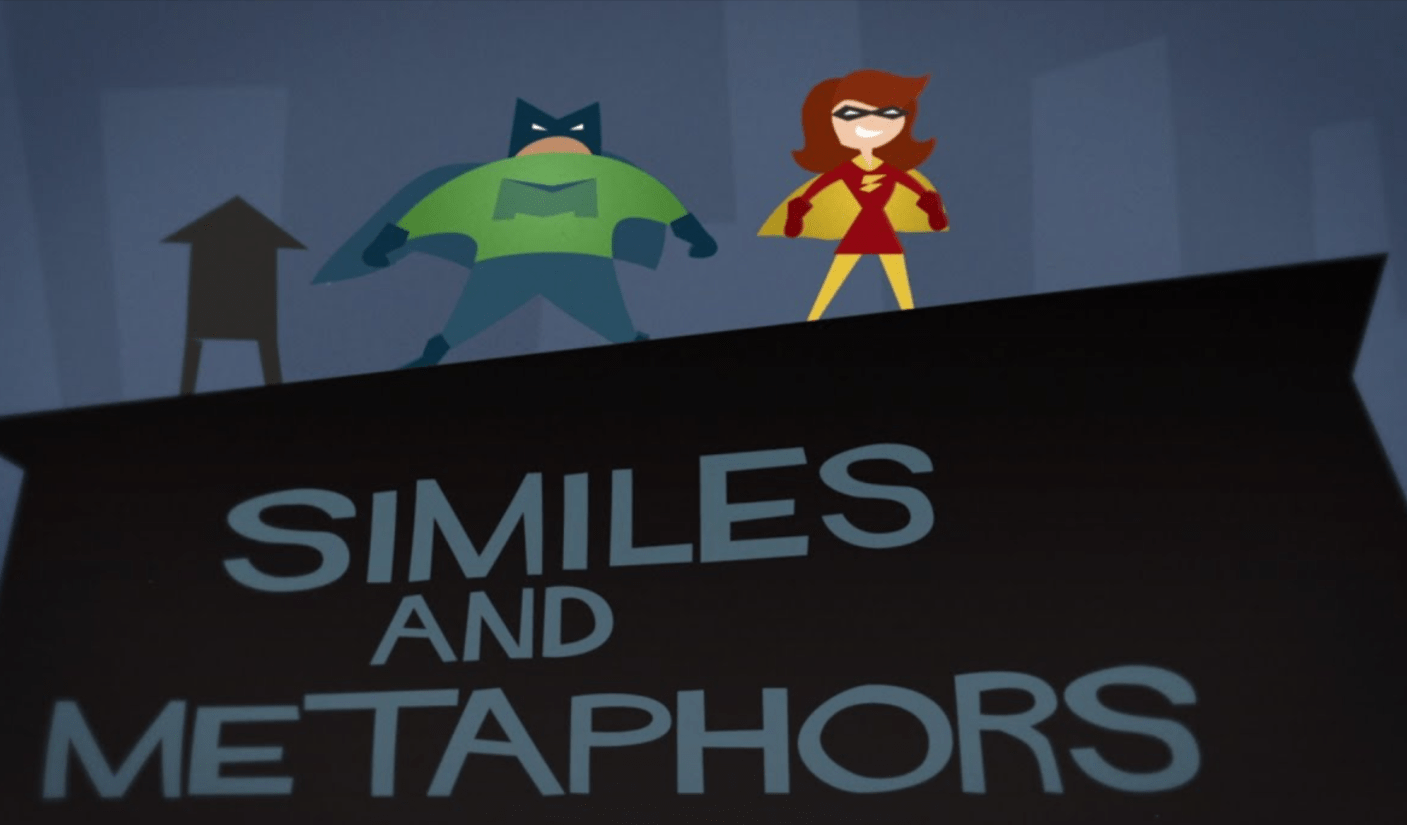How to Build Suspense in Your Writing

Come along if you're interested to know how to build suspense in writing. We're going to lay down some fairly simple beginner methods that will have your readers sitting on the edge of their seats, hungry for more with every turn of the page.
1. Kick Off with Excitement
The beginning of your story is the perfect opportunity to launch it with a bang. Hook a reader, and they're more likely to complete the whole ride. Here's how to make your opening gripping:
Lead with a puzzle: Drop your readers into a strange happening or a scenario that's off the bat. Get them thinking, "What in the world is this?" or "What's up next?"
Lay down a question without a response: Drop a question about someone's history, a certain condition, or a complicated issue at the very beginning. This will snag your readers' curiosity and drive them to hunt for the answer.
Kick off with risk or tension rather than a calm scene. This approach leaves readers hanging, eager to figure out why the character is in such a fix and craving the backstory.
2. Craft Believable, Familiar Characters
The emotional paths characters trek are vital for suspense. They have to grip readers, who should sense the characters' terror and get their cravings. Suspense grows with the reader's attachment to the characters. So here's the deal to use your characters to ramp up the tension:
Set goals for your characters: The more obvious their goals the higher the tension. Fans will fret over if the character might pull through.
Throw in hurdles and roadblocks: The tougher the hurdles the stronger the tension. Put your character in spots that push them to the edge , and .
Expose your character's soft spots: When characters show they have weak points, mistakes, or scares, your audience connects with them. Knowing their soft spots gets the reader wound up over what happens to the character.
3. Playing the Pacing Game
Suspense is all about the speed with which your story moves along. If it moves too fast, the audience may miss important feelings. Drag it out, and they'll be bored. The sweet spot is what really gets the suspense right. So here's how to manage cooking speed for your story:
Use quick sentences for edge-of-your-seat vibes: To ramp up the tension, go for shorter sentences. They make things feel fast kind of like how someone's heart races when they're scared or super excited.
Take it slow to ramp up the hype: Wanna make your readers sweat a bit? Stretch out those moments. Give a play-by-play of a character tiptoeing into trouble, and watch the suspense tick up notch by notch.
Cliffhangers: A cliffhanger or two at the end of any chapter or scene. Something startling happens, and an enormous question is created or a new issue is introduced-one which they absolutely must find the answer to.
4. Foreshadowing and Red Herrings
You build suspense by feeding readers just enough to stay interested but without giving away the game. That's the role of foreshadowing and red herrings:
Foreshadowing: It makes people feel that something yet unknown will occur soon, but they're not sure when or what it may be. Keep it vague, though—don't give it away just yet. Maybe someone ties the weird little thing to the story that doesn't seem like much of a deal but down the line, it proves to be a game-changer for that story.
Red Herrings: A red herring is a misleading hint that's supposed to throw readers off the scent. It adds a bit of mystery by making them think something's right when it ain't. Gotta use these things just a touch though, 'cause if you go overboard, your tale starts to seem forced or makes folks scratch their heads.
5. Master the Art of Secrecy
Keep the insight vague to really boost the suspense! Because there is no intrigue if everybody already knows all the stuff. To raise the tension and keep readers interested, you've got to gradually spill the beans.
Hold back on some secrets: You shouldn't spill all the beans about someone's past or the big secret too . Let curiosity grow by holding off on some facts until later in the tale.
Narrow the viewpoint: Stick to just one narrow angle to show what one person thinks or sees. This strategy amps up the mystery and has readers itching for more deets.
6. Conflict and Tension are a Must
Most essential ingredient in holding people breathless? Conflict. Hitting everyone on the head does not bring real action - inside stuff or feels - does it? Huge suspense factor also. So, how do you get conflict to do its thing? Here goes.
Elevate conflict level: As your tale unfolds, make the problems bigger. Bigger trouble means more nail-biting for the story.
Put characters on the spot: Make your characters face hard choices. Keep readers on their toes making them guess the characters' next moves.
Throw in foes: Toss in a bad guy, a rival force, or even a personal battle. This adversary keeps things on edge. Folks will bite their nails wondering if the hero can beat the enemy's tests.
7. Craft an Epic Showdown
This tall tale must achieve all ever described build up of tension and suspense. It must be well-earned and satisyfing, but also hit you high in pathos. Here's how to cook up a really solid peak:
head toward the high point: Take your time with it. Let the tension grow. That way when you hit that peak moment, it lands just right.
Crank up the emotional volume: Be it a bust-up, some wild plot twist, or a huge emotional bombshell, that peak - the climax – has got to be the most fiery bit of your tale. It's what you've been piling bricks for all this time.
Keep some mysteries under wraps (if it makes sense): Now and then, it's pretty slick to keep a few secrets tucked away. It leaves your reader's mind racing even once the big show's wrapped up.


